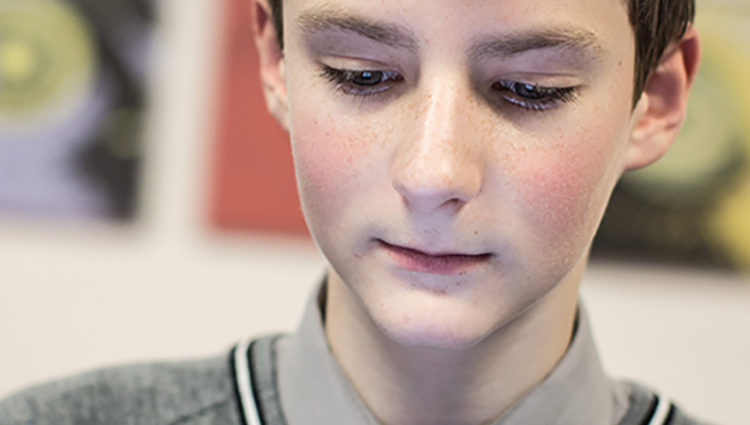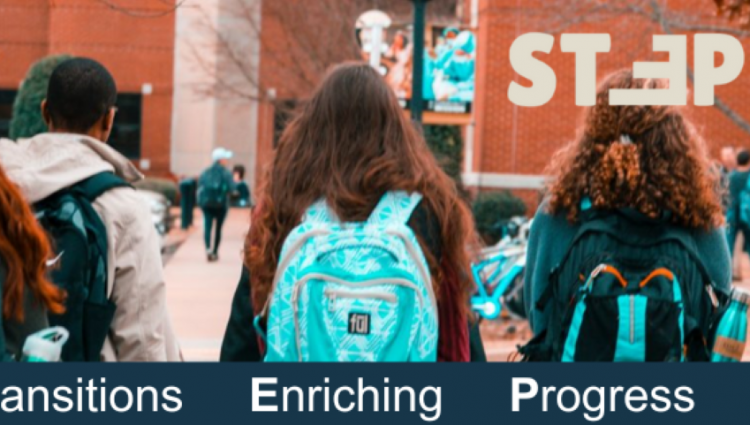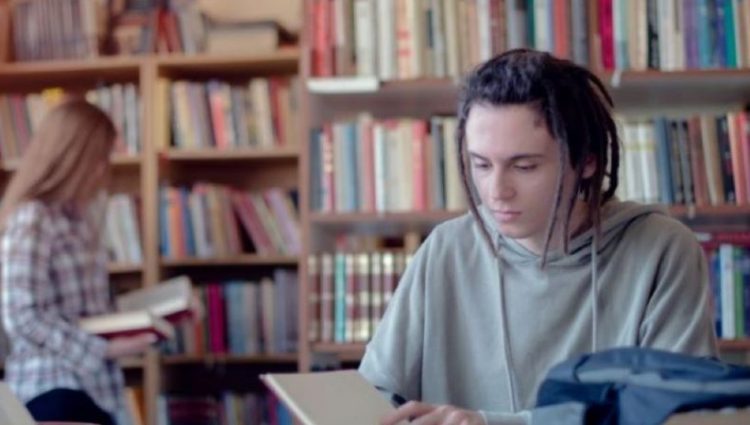Angela King is a parent of a child with vision impairment, who lives with her husband and 2 children in Morley, Leeds. Angela has always worked in the hairdressing business. She is currently teaching hairdressing for a private training provider in Leeds.
Background
Angela found out about her son’s sight condition when he was 12 years old. Until then, he had 20/20 vision. He has always been a quiet boy, having had the same circle of friends. Then one day, suddenly he didn’t want to go to school anymore. Previously, there had been a few days where he said he didn’t want to go to school because of a headache but this seemed different.
Angela explained: “The first reason that I thought he didn’t want to go to school was because he was being bullied”
Diagnosis
“The next night I heard him crying in bed. When I approached him about it, he said: “I don’t want to go to school mum as I can’t see the board”. After their conversation, Angela booked an appointment at the opticians, where they explained his vision wasn’t right and suggested getting a referral to their GP.
Angela said: “Alarm bells started ringing at this point. It was a lot to take in and the referral was going to take several months but I couldn’t wait that long, so we paid for a private appointment. It was then that he was diagnosed with Macular and Cone- Rod Dystrophy.”
She added: “all the emotions we had been holding back just came crashing down, it felt like my whole world had caved in.”
Her husband was at the appointment, and he found the news difficult to process. She explained: “I feel I coped better than my husband did with our son’s diagnosis.”
Angela’s family are all very close and she feels lucky to have that support network.
“It was a strange time as we all knew something wasn’t quite right, but as a family we have all just adapted to thing’s that my son needed.”
Daily Living
When her son first received the news, he was shell shocked. However, she said: “Overall, my son was good with dealing with the news. Although I did find him upset on occasions, and he’d ask me: “what am I going to do now?”.
Angela did what any parent would do and started researching about the condition and what support was available.
Support and Education
After their first consultant appointment Angela and her family received support from social care services and education services. The Certificate of Visual Impairment (CVI), and many other official documents, were explained clearly. They then had visits from Leeds City Council visual impairment team, and a QTVI visited him in school to help him to adapt to a new way of learning.
She explained: “I have a very positive story to tell, a lot of other people in similar situations do not. We received great support from the hospital, council and education systems.”
Being the Parent of a Child With Vision Impairment
“When my son was first diagnosed, I wanted to just keep him safe. my first feeling was that I wanted to give up work, not let my son go to school.”
Angela and her son were given a book to read and some questionnaires to fill out from Great Ormond Street Hospital. It was then her son revealed that he thought she was being too overprotective. “From then on, I knew that he wouldn’t do anything that would put him in danger, and if he needs help, he would ask for it.
I feel communication is very important. I’ve learned to keep talking with my son, so his condition becomes a normal topic of conversation and not something to avoid”
After the diagnosis things started to change for him at school. He gave a talk to his teachers about his vision impairment needs. He had a Qualified Teacher for Children and Young People with Visual Impairments (QTVI) and a one-to-one support teacher.
“My son has gone through highs and lows in his life. Determination is important for all the family. You need to keep going rather than questioning what you can’t do. Giving yourself quality time is very important to this.”
“I’m very proud of everything my son has achieved in his life.”
“Listening to myself talking today has made me realises everything we have achieved. Everything is possible; it’s not been easy but nothing worth having is easy.”






